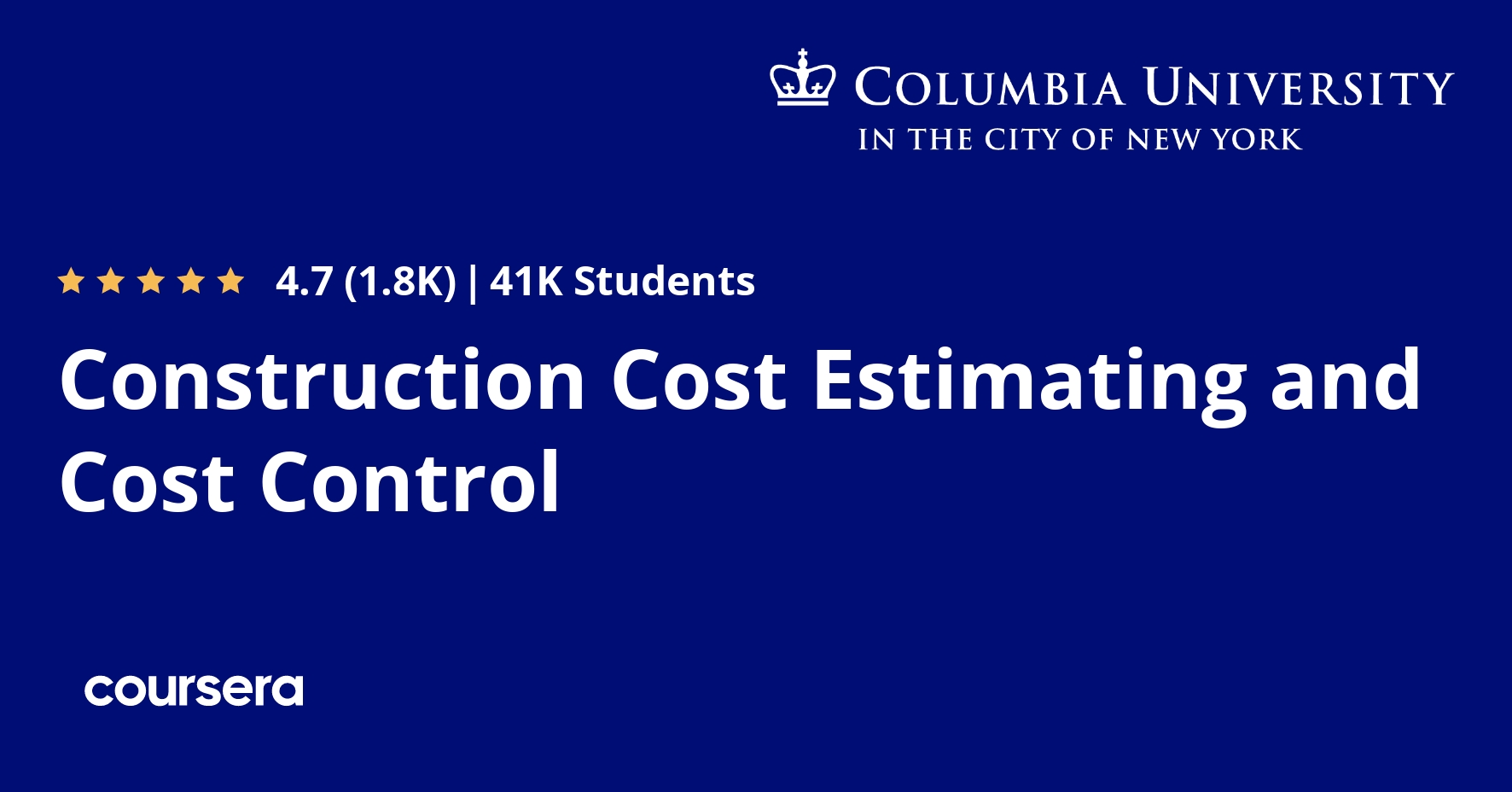Description
The University of Geneva, Institute Pasteur, University of Montreal and Centre Virchow-Villermé/University Paris Descartes welcome you to this MOOC on “Global Health at the Human-Animal-Ecosystem Interface”!
Over the next 8 weeks, you will explore and learn about some of the major and current Global Health Challenges at the Human-Animal-Ecosystem Interface: zoonotic emerging infections (e.g. Ebola, Nipah, MERS, Avian Influenza), antimicrobial resistance, neglected tropical diseases (e.g. rabies, leishmaniasis, zoonotic TB), snakebite and other human-animal conflicts etc. You will learn new concepts from the field of epidemiology, social anthropology, disease ecology, veterinary sciences, global health policy etc. and approaches such as One Health, Eco-Health and Planetary Health. Also, you will learn about innovative tools and frameworks used to study and tackle some of these Global Health challenges of the Sustainable Development Goals era.
This MOOC proposes you a dynamic, international and interdisciplinary programme based on the One Health approach (human-animal-environmental dimensions) and involving more than 30 top experts from more than 20 academic and research institutions and international organisations based in Geneva, Paris, Montreal and the world. Policy makers from the World Health Organisation, clinicians from the University Hospitals of Geneva, epidemiologists from Institut Pasteur etc. will share with you their knowledge and experiences all along this MOOC. Video-lectures have been filmed in different parts of the world and settings (from the field to the lab and office) and will be combined with the latest open readings and interactive activities in the discussion forum, video-conferences etc.
This MOOC keeps evolving and enriching actively over time and two new sections on “Health Benefits at the Human-Animal-Ecosystem Interface” and “Management of Ecosystems under Global Changes: Implication for Human Health” have been added in May 2018. This latter section was developed in close collaboration with experts from World Health Organisation and the Convention on Biological Diversity and is introduced by Dr. Tedros Adhanom Ghebreyesus, WHO Director-General.
The development of this MOOC was led by Dr. Rafael Ruiz de Castañeda, Dr. Isabelle Bolon and Prof. Antoine Flahault from the Institute of Global Health of the University of Geneva. The list of instructors is completed by Prof. Arnaud Fontanet (Institut Pasteur) and Prof. André Ravel (Faculty of Veterinary Medicine, University of Montreal).
Watch our teaser here and let’s get started!
https://youtu.be/WT7-cC21uLU?list=PLnZ (with subtitles in French and in Chinese)
What you will learn
Welcome! Key information on the MOOC
In this Module, we provide you a general description of the MOOC, including some videos and readings that give you an overview of the content, evaluation and activities. This MOOC is based on a highly interdisciplinary and international approach to health, please check the huge diversity of experts involved (see in the Syllabus & list of Experts). Learners following this MOOC have had opportunities to participate in a number of activities (join a workshop in Geneva and Basel for free, become teachers of African refugees, win a travel grant to attend a conference in Geneva,..). We shared with you these activities at the end of this introductory section. New opportunities such as these will be proposed through this MOOC in the future, we will keep you posted. Let’s get started and do not hesitate to ask any doubts in the forum of the course! We will be pleased to help you!
Global Health at the Human-Animal-Ecosystem Interface: The Need for Intersectoral Approaches (Section 1)
In this section of the course, you will learn about some of the major current Global Health challenges at the Human-Animal-Ecosystem Interface and the need for cross-sectoral approaches to health, including One Health, Eco-Health and Planetary Health. Please watch video “Introduction to Section 1” for a more detailed description.
Emerging Infectious Diseases (Section 2)
This section focuses on the current global threat posed by zoonotic emerging infections and the tools and challenges for studying and controlling them. Please watch video “Introduction to Section 2” for a more detailed description. Note that many of the topics addressed here (bushmeat, bird migration and avian influenza, etc) are re-discussed in the section 8 of the MOOC.
Antimicrobial Resistance & Zoonotic Foodborne Infectious Diseases (Section 3)
Antimicrobial resistance is a current top priority in the Global Health agenda. In this section, you will learn about its global burden and the challenges for its control from the national to the global levels based on cross-sectoral approaches to health. Please watch video “Introduction to Section 3” for a more detailed description.
Zoonotic Neglected Infectious Diseases (Section 4)
Neglected Tropical Diseases are not neglected in this MOOC and you will have here the opportunity to learn about their common determinants and the interventions and challenges to fight them. Please watch video “Introduction to Section 4” for a more detailed description.






